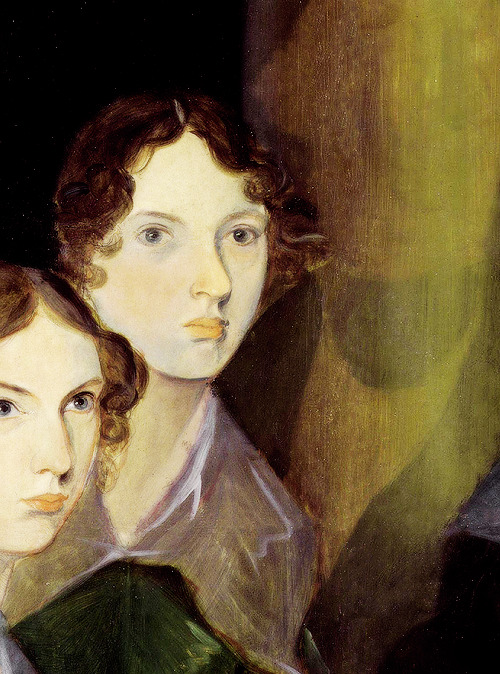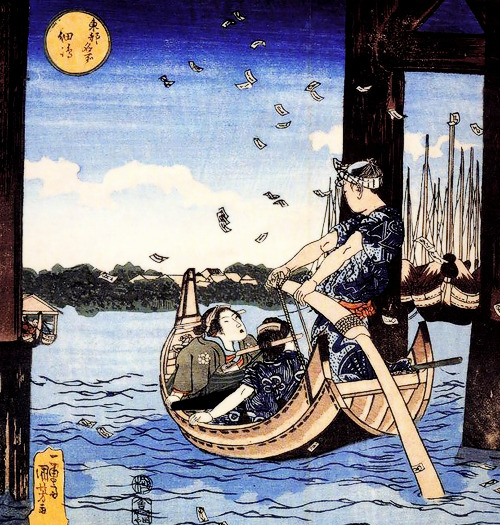![]()
August 4, 1792: Percy Bysshe Shelley is born.
Though he died before he reached the age of thirty, Percy Bysshe Shelley produced during his short life a substantial collection of poetry, dramas, and prose that, after his death, cemented his status as one of the great craftsmen of Romantic literature. Born in West Sussex, Shelley published his first work in 1810 - a Gothic novel entitled Zastrozzi; through the eponymous villain, he made clear his own atheistic worldview, which he expanded upon in his 1811 treatise "The Necessity of Atheism”. His first major poetic work, Queen Mab (1813), also addressed radical themes such as atheism and revolution; in addition, his political poem The Masque of Anarchy (1819) is considered an early statement on the principles of nonviolent resistance.
In 1816, Shelley married the daughter of a political philosopher he admired greatly, William Godwin, and Mary Wollstonecraft: the future Mary Shelley, herself an author (most famously of Frankenstein). He and Mary befriended the poet Lord Byron, another important figure of the Romantic movement, and Leigh Hunt, another author with connections in the literary circle that also included men like John Keats, Charles Lamb, and William Hazlitt. Unlike Byron, Shelley’s works were not enormously popular until after his death in 1822, and even then he remained most popular with particular groups: Pre-Raphaelites, socialists, and laborers. His popularity and reputation among the foremost literary critics fluctuated as time passed, but his literary output and political ideals were nevertheless highly influential.
His most famous works, apart from those already listed, include Ozymandias, Prometheus Unbound, Ode to the West Wind, To a Skylark, Alastor, Adonais, The Cloud, and The Cenci.
















































